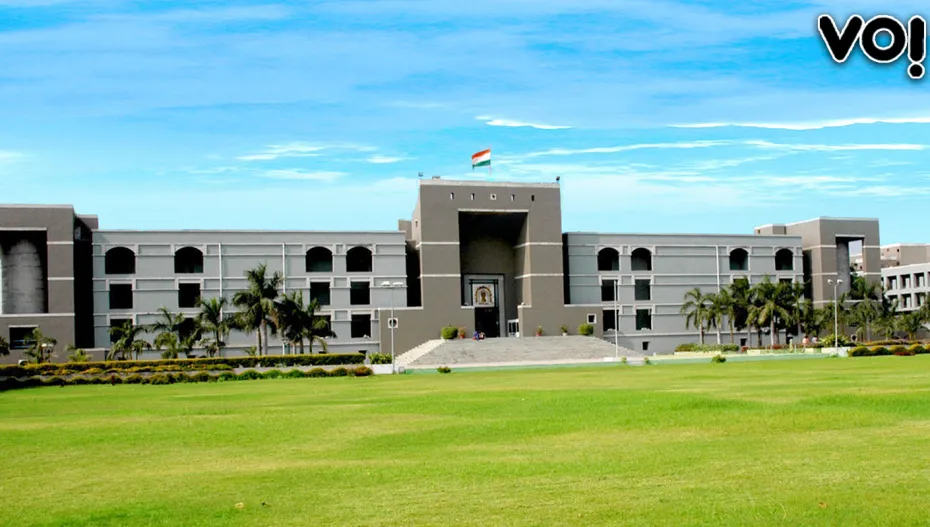Gujarat High Court held that when a widow dies without making a will, then under section 15 of the Hindu Succession Act, her heirs are entitled to inherit the share of the property. The court observed that it doesn’t even matter if her son or daughter is born from wedlock or in illicit relationships in inheriting the mother’s property.
The single bench of Justice AP Thaker was hearing a petition under Article 226 of the constitution, challenging the order passed by the Collector which held that the suit property was ancestral property and the beneficiary of the Will may get the right to the property asserted by the order of the Civil Court.
Facts of the case:
The original owner of the property Makhanbhai Patel, named his wife Kunvarben as one of the heirs to the property, along with his two sons. The same was entered in the revenue record as well, in 1982. Subsequently, Kunvarben executed a Will for an undivided share in the land in favour of the widow of her son from her previous marriage. The instant Petitioners were the heirs of the daughter-in-law who were claiming their share in the property after the death of Kunvarben.
Since the Mamlatdar and the Deputy Collector had failed to mutate the property in their names in the revenue records, they were compelled to agitate before the High Court. The Petitioners primarily contested that Kunvarben had become the absolute owner of the property and had a right to distribute it according to her wish. Further, the heirship was not challenged by any party in 1982 and therefore the revenue authorities ought to have made the entry as per the Will.
Justice Thaker said, “It is worthwhile to refer to Hindu Succession Act, wherein under Section 15, a Hindu widow can inherit land from his second husband and even her children born out of a first marriage can also inherit land from the second husband.“
The Bench observed that Kunvarben was earlier married to another person and her son was born out of such wedlock. She later re-married Makhanbhai. As per her Will, Respondents No. 5 and 6 were born out of wedlock with Makhanbai. She, therefore, distributed her property in three parts- one for the daughter-in-law of her dead son from a previous marriage and the remaining in favour of her sons born out of wedlock with Makhanbhai. Respondents No. 5 and 6 insisted that since the property was ancestral, it could only be mutated in their favour.
Justice Thaker quoted Rama Ananda Patil v. Appa Bhima Redekar and Others to opine: “…that there is no warrant to assume that the Legislature intended to deprive the sons and daughters or their children from inheritance of the property left by a female Hindu dying intestate merely because they were born to her from some to another husband than the one from whom the property in dispute was inherited by the female Hindu.“
Hence the court relied on section 15(2)(b) of the Hindu Succession Act and held that the Petitioners were entitled to 1/3rd undivided share in the property by way of the Will.












